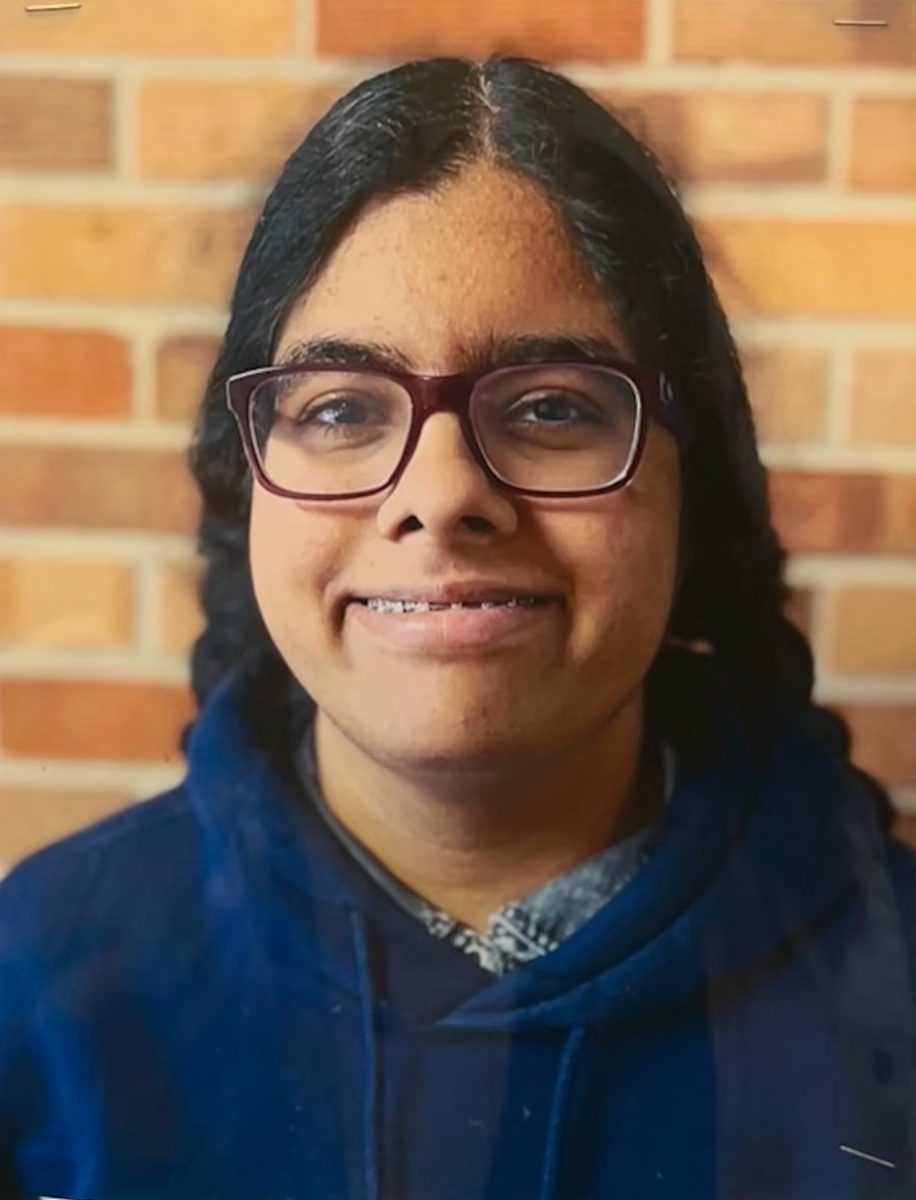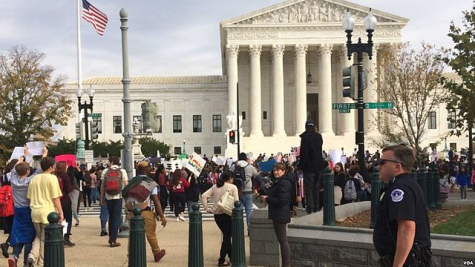Protest After Prince George mocked for taking ballet
October 8, 2019
Outrage sparked in the dance community when Good Morning America anchor Lara Spencer publicly mocked Prince George for studying ballet. She recognized his curriculum as rigorous, but went on to degrade his dancing.
“In addition to the usual first and second-grade things like math, science and history, the future King of England will be putting down the Play-Doh to take on religious studies, computer programming, poetry and ballet, among other things,” Spencer said, pausing to prompt laughter from the audience and other hosts. “Prince William says Prince George absolutely loves ballet. I have news for you, Prince William: We’ll see how long that lasts.”
Shortly after the comments were made, many other major dance figures responded through social media. Broadway star and Tony Award winner, Tony Yazbeck tweeted, “That’s what you want to teach our kids? That ballet is laughable?” Others, such as Broadway choreographer and director Jerry Mitchell, Dancing with the Stars veteran Derek Hough, actor and activist George Takei, actress and comedian Julie Halston, actress and singer Keala Settle also announced their displeasure.
In addition, 300 dancers, provoked by Spencer’s comments, gathered outside of the Good Morning America studio on Aug. 26 to take a ballet class as a protest against the common belief that “dancing is only for girls.” During this time, Spencer apologized on air saying her comments were “stupid and insensitive.” Spencer also interviewed three professional male dancers, Robbie Fairchild, Travis Wall, and Fabrice Calmels on the courage necessary to pursue dance as a boy.
In the interview, Calmels, principal dancer with the Joffrey Ballet in Chicago, explains how many young boys quit dance because of the social reaction.
“Children should be entitled to experience things without being bullied,” Calmels said.
Fairchild a former principal with the New York City Ballet, agreed, sharing a personal experience of being bullied because of dancing.
“I can’t tell you how much that hurts,” Fairchild said to Spencer.
When So You Think You Can Dance choreographer Travis Wall was questioned about the impact of the show on the way young boys view dance, he addressed the idea of boys’ involvement.
“How many boys have started to dance because of that show, makes me so proud to represent that show…The message that I was just trying to get across was that I want more boys to dance,” Wall said.
The three dancers interviewed all accepted Spencer’s apology and as Fairchild said, “We are a community of love, and in order for us to move forward, we must move forward together.”
Local dance instructors appear to support the idea of dance for everyone, regardless of identity. Mt. Prospect School of Classical Ballet (MPSCB) Artistic Director Amy Hubert personally sees the participation of men in dance.
“We do tend to see them [male dancers] in classes at all levels,” Hubert said. “We have a couple of middle school guys who study hip hop, we have some adults that take different dance classes, ballet, tap, hip hop…Unfortunately I think there are [gender stereotypes in dance] and it’s super disappointing. Especially in this day and age, you have to be ready to open your mind and open your heart and receive the fact that people have different interests.”
Similar to the views of prominent voices in the dance world, dancers at Fremd seem to have similar reactions.
Freshman Megan Moscinski and student at Palatine Dance has also experienced boys in her ballet classes.
“My first dance class, I had two boys in my class, and all the girls were looking at them weird. It didn’t feel right to them but I was fine with it,” Moscinski said. “They [boys in dance] can do whatever they want to do.”
Comparatively, senior and Fremd Orchesis president Marissa Alfervic highlighted the degrading effect the comments could have on young boys interested in dance.
“It’s demeaning towards him because it’s his decision and he should be able to do what he wants as a growing boy,” Alfervic said. “We need more male dancers.”




